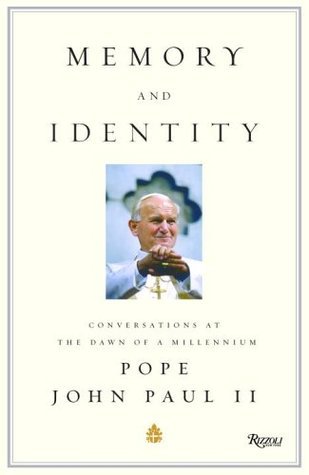What do you think?
Rate this book


172 pages, Hardcover
First published January 1, 2005
Na Wschodzie przeważają prawosławni. Poza Europą kontynentem najbardziej katolickim jest Ameryka Łacińska. W Ameryce Północnej katolicy stanowią względną większość. Nieco podobna jest sytuacja w Australii i Oceanii. Na kontynencie azjatyckim katolicy są w liczbowej mniejszości. Afryka jest kontynentem misyjnym, gdzie Kościół wciąż czyni znaczne postępy.
Znane jest klasyczne rozróżnienie pomiędzy trzema odmianami ustroju politycznego: monarchią, arystokracją i demokracją. (...) Wedle koncepcji monarchistycznej podmiotem [władzy] jest jakaś jednostka: król, cesarz czy udzielny książę. W systemie arystokratycznym jest nim pewna grupa społeczna, która sprawuje władzę na podstawie szczególnych zasług, na przykład na polu bitwy, pochodzenia czy zamożności. W ustroju demokratycznym natomiast podmiotem władzy jest całe społeczeństwo, cały "lud", po grecku demos.
Polska jest częścią składową Europy. Znajduje się na kontynencie europejskim, na ściśle określonym terytorium.